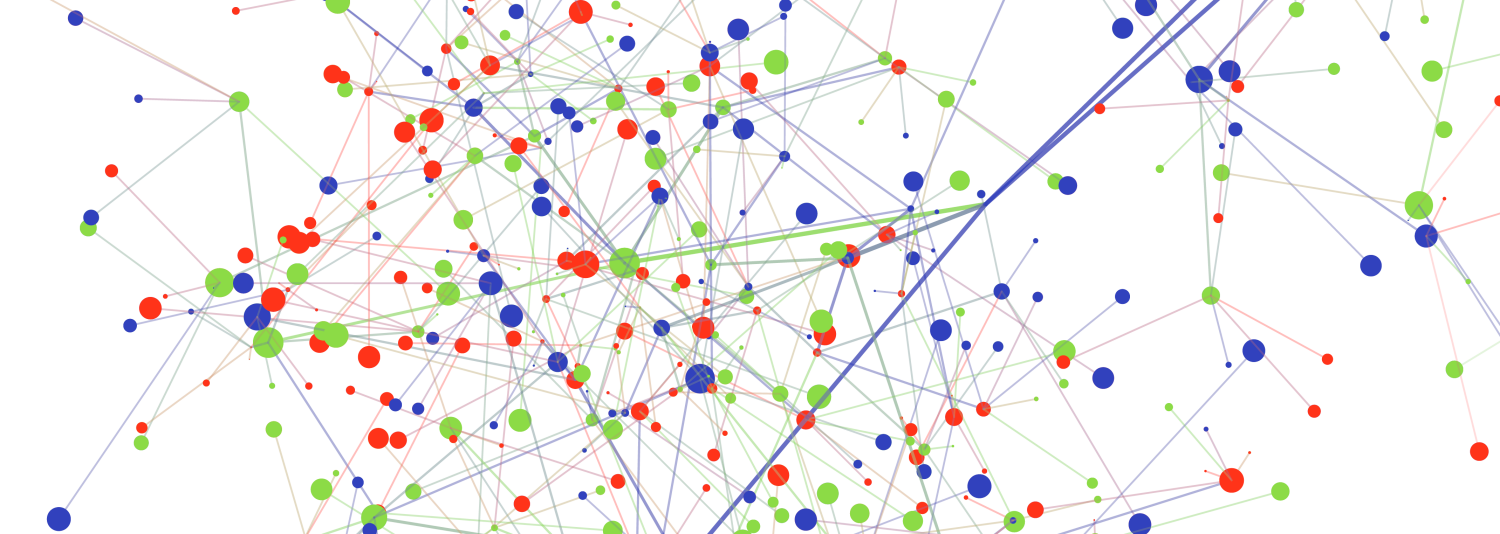Navigation auf uzh.ch
Navigation auf uzh.ch

Who assumes what tasks in education and with what legitimacy? What role does the state play? These are persistent issues in education science theory and pedagogical practice. In this field of the conflicting demands of social norms, politics, and the economy, non-state providers of education have become important actors in recent years and decades. This raises questions about the role of the state in establishing, organizing, designing the curriculum of, and maintaining public and institutionalized education. The research cluster “Public Education Between the State and the Market” studies these questions from a national and international perspective. The topics are discussed theoretically, reconstructed historically, and analyzed empirically. The main aim is to discover under what conditions education is realized, what constitutes quality of education under specific conditions, and how education can be further developed. The research cluster thus addresses the following main research topics:
1. Education systems: How have education systems developed, and what is the relationship between public education and private, civil society, or economic interests and institutions?
2. Quality of education: How is quality of education achieved in different education contexts?
3. Educational processes: What educational processes are found in education systems having different relationships between the state and the market?
A cluster workshop is held in each semester. The goal of the workshop is to exchange information on current projects in the research cluster and to develop further research questions and project ideas. The next cluster workshop will be held on March 14, 2023, from 10:15–11:45.
The central topics of the research cluster will be discussed regularly in the context of public guest lectures by external researchers. A first guest lecture is scheduled for the 2023 Spring Semester.
To answer the research questions, we are currently conducting the following research projects:
EduGov – Cantonal Education Governance Systems in Focus
This research project focuses on how governance structures established by the cantons in recent years—such as external evaluations of schools, achievement tests for all schools and classes, or advisory services and further education courses—are related to each other and to what extent they, in their interplay, foster attainment of high education quality. The aim is to generate insights on potentials, areas of conflict, and challenges that will make it possible to discuss future designs of effective education governance systems and to further develop cantonal education systems in a targeted way.
Principal investigator: Prof. Dr. Katharina Maag Merki (main research topic 1)
School and Teaching Between the State and the Market: The Example of Pestalozzi
In the 1830s and 1840s, most nation states in Europe established public elementary school systems funded by the government and with a secure legal foundation. This process was part of a longer-term educationalization of social problems that has its roots in the 18th century and still continues today. Looking at Pestalozzi, this research project examines how a perception and practice of education developed at the turn of the 19th century that (1) prevailed against competing perceptions, (2) prioritized government financing and safeguarding, and (3) up to today has determined to a large part our view of what school education is.
Principal investigator: Dr. phil. Rebekka Horlacher (main research topic 1)
SIC – School Improvement Capacity for Academic Learning
Capacity for school improvement constitutes the ability of a school to react to internal and external challenges in a competent manner and to further develop school and teaching and learning in a way that students can learn better and reach learning goals successfully. This research project examines, among other things, why students learn more in some schools than in others and what role education governance systems play in this. Here the analyses focus also on interactions between different school-internal and school-external actors.
Principal investigators: Prof. Dr. Katharina Maag Merki, Dr. phil. Andrea Wullschleger (main research topics 1, 2, and 3)
Unaccompanied Minor Refugees in Institutional Care: Opportunities and Challenges
This research project analyzes institutional placement and care of unaccompanied minor refugees in regard to current practices as well as from a historical perspective. In the investigation of current-day practices, placement and care are analyzed ethnographically, i.e., through observation and interviews with those involved (professionals, foster parents, young refugees) and including different forms of care (MNA centers for unaccompanied minor asylum seekers, accommodations for adults, foster families). From a historical perspective, the project focuses on documents of selected groups of unaccompanied minors that fled to Switzerland from 1947 to 1981.
Principal investigators: Prof. Dr. Peter Rieker (main research topics 1, 2, and 3)
Well-Being of Children in the German-Speaking Part of Switzerland
Considering how children see well-being and what they need, in their own view, for a feeling of well-being, this qualitative research project analyzes children’s subjective perspectives and classifies them within social, welfare policy, and institutional contexts. Within the framework of the international research network “Children’s Understanding of Wellbeing” (CUWB), the project will examine when, under what circumstances, and how children experience well-being by means of interviews, the children’s drawings, and focus group discussions. This will generate insights into the state and the public’s responsibility to provide appropriate social conditions for a good upbringing.
Principal investigator: Prof. Dr. Catrin Heite (project start: September 1, 2021) (main research topics 1, 2, and 3)